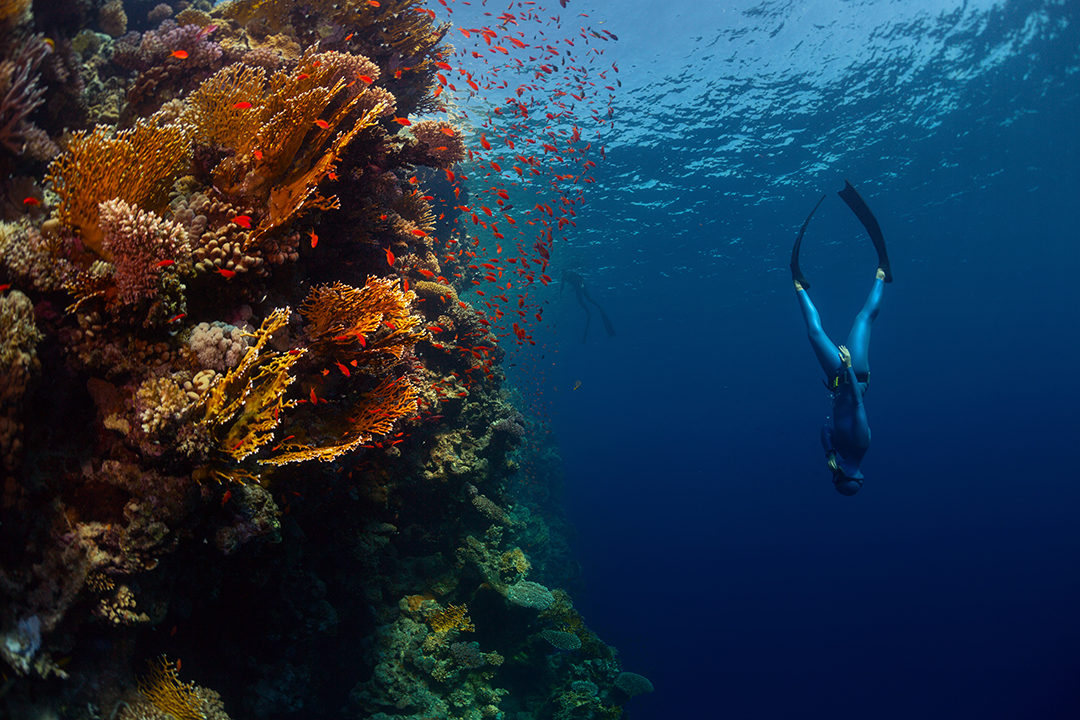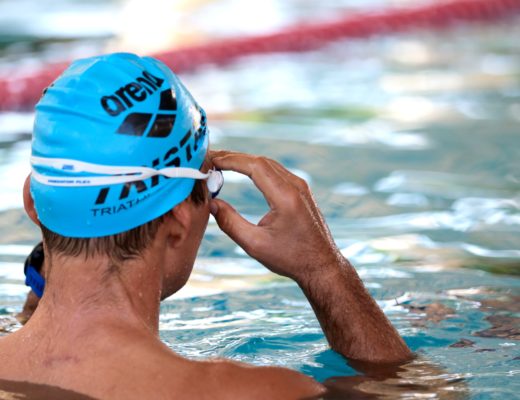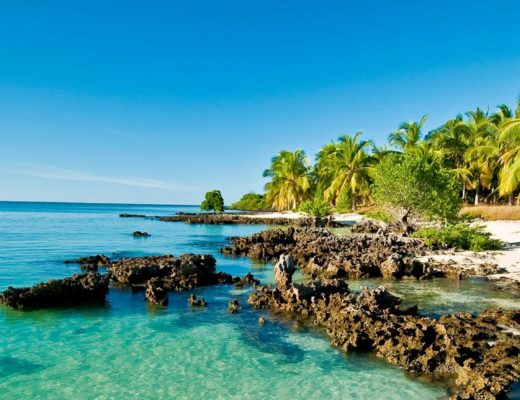How to make the best of each breath
Take a deep breath and hold it. How long will you last? A minute? 90 seconds? And what can you do while you’re at it? Probably not much. Yet there are those who can last for long minutes on a single breath and use this time to dive tens of meters under water… and deep within their own selves.
It’s funny how vulnerable we become the moment we leave our natural, everyday environment. A bit too hot or too cold, a bit too high or too deep and without our precious technology, we’re done, gone, perished. Take diving for example. Take away the sophisticated scuba gear and suddenly the underwater world becomes hostile, and in the long run– longer than just a few minutes – deadly.
If the idea of being under water and out of breath gives you that sinking feeling (pun intended), you’re not alone. Drowning must be one of the most common (and terrifying) nightmares. But what scares some is exciting to others. For them diving without specialized equipment is more than fun, it’s freedom.
“Part of the appeal of free diving is defying your own phobia of deep, dark water. It’s that whole starring into the abyss thing and finding out what looks back at you,” says Jonathan Gray, a 34 old free diver who took to this extreme water sport over two years ago, during holidays he spent on the Indonesian Gili islands. “I used to be terribly nervous getting into water. The whole concept of floating above this great unknown terrified me,” explains Jonathan.
“But over time, I’ve gotten way more comfortable doing that and the fear turned into fascination” he adds.
A few months ago, Jonathan took a long break from his teaching job in Korea and came to Phuket – a place that’s quickly becoming the center of Thailand’s growing free diving scene. Here he practices at We Freedive, a free diving center founded in 2008 by Sarah Whitcher and Richard Wonka.
“Phuket is the deepest spot for free diving in the Andaman Sea and the Gulf of Thailand,” explains Wonka when asked for reasons behind his choice of the island as the We Feedive headquarter’s location. It’s in Phuket where first competitive free diving in Thailand is beginning to take place and it’s from here that the sport spreads further, across Thailand.
“Free diving is growing fast, also in Phuket which is slowly starting to appear on the map for this sport,” says Wonka, “we are seeing more and more free divers here, especially the young generation. We are also training more and more free diving professionals who are aiming to make it their career,” he adds.
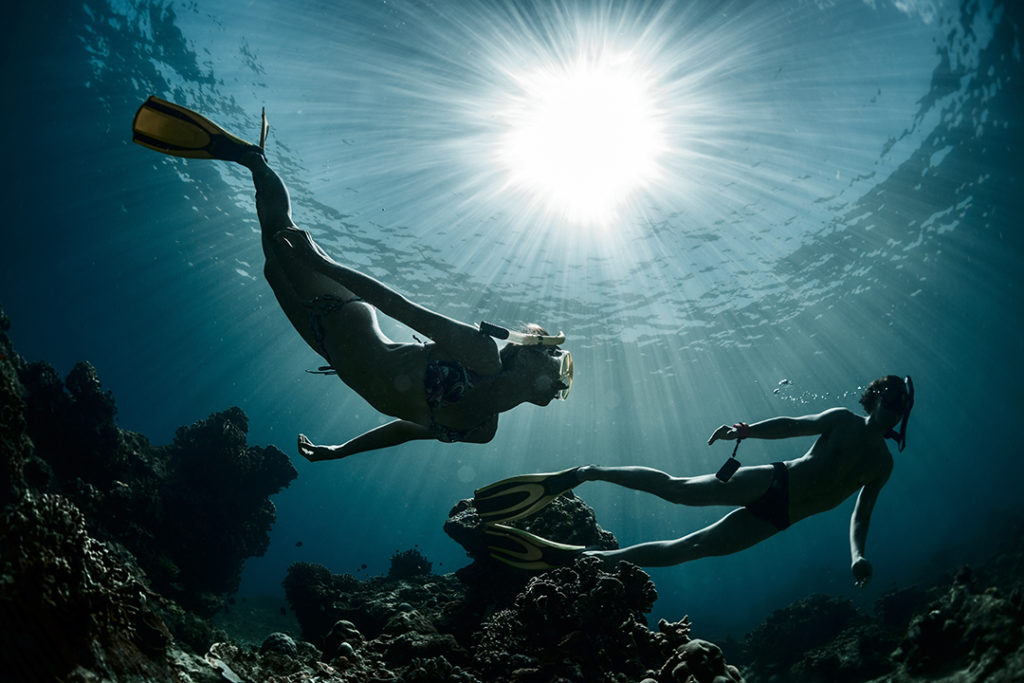
Another group of people expressing an above average interest in free diving are scuba divers. Even though, according to Wonka, both these sports have surprisingly little in common.
“Pretty much the only thing the two have in common is that one gets wet in the process. Even things that appear to be related, such as equalization, turn into a completely different skill set when you leave the tanks behind,” he explains adding that learning to free dive can be extremely useful for scuba divers. “It’s all about understanding breathing, efficient movement in the water and the relaxation that comes with that understanding and skill set,” he says.
“All the gear that you have to carry when scuba diving, it doesn’t appeal to me, it just restricts my movements,” says Jonathan Gray. And it kind of makes sense, especially once he explains that he is not really interested in exploring the underwater world, looking at fish and corals. “Free diving is more of a mental activity. Someone put it that way, ‘scuba divers dive to look around, free divers dive to look within.’”
From this perspective, free diving appears to be less of a sport and more a form of meditation, albeit – en extreme one. And as big as the role of physical fitness is, it’s the mental powers that are key to success. Jonathan explains:
“When you run out of breath under water, contractions begin. For most people it’s a sign to go up and take a breath. But free divers go beyond that. They know, that as unpleasant as this sensation is, it doesn’t mean your brain urgently needs oxygen but it’s trying to get rid of carbon dioxide. Physically we are able to go past this threshold, it’s a matter of training our will.”
And the fact that the training pays of becomes clear the moment Jonathan begins to describe the thrill free diving provides:
“Feeling of freefalling when you dive deep enough and your buoyancy turns negative is amazing. Looking up at the mass of water above your head is also incredible.”
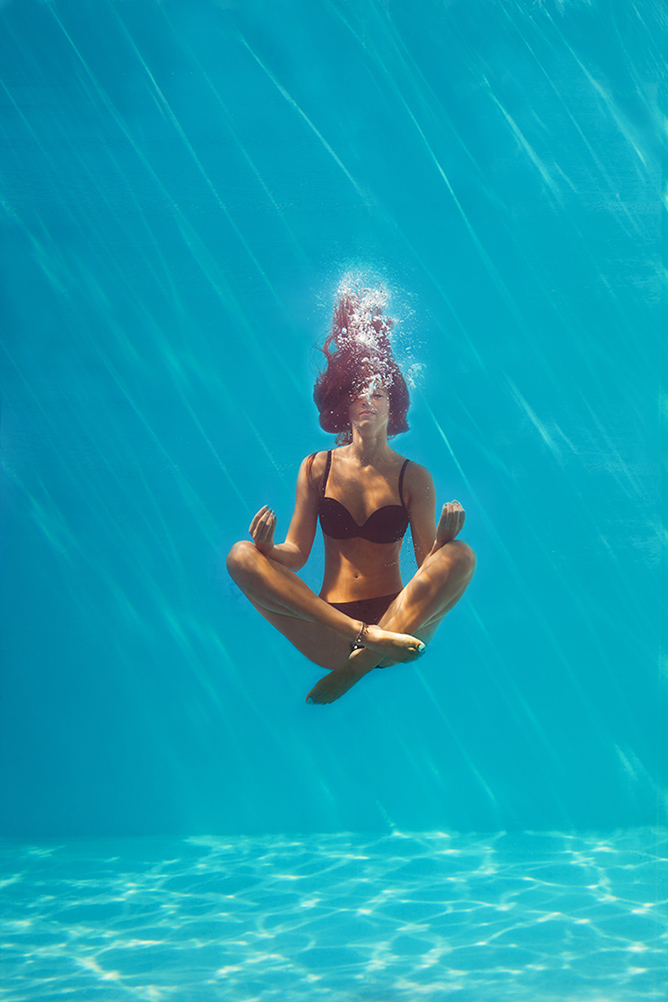
Call it flying, call it freefalling, call it weightlessness. They call it freedom.
By Maciek Klimowicz
